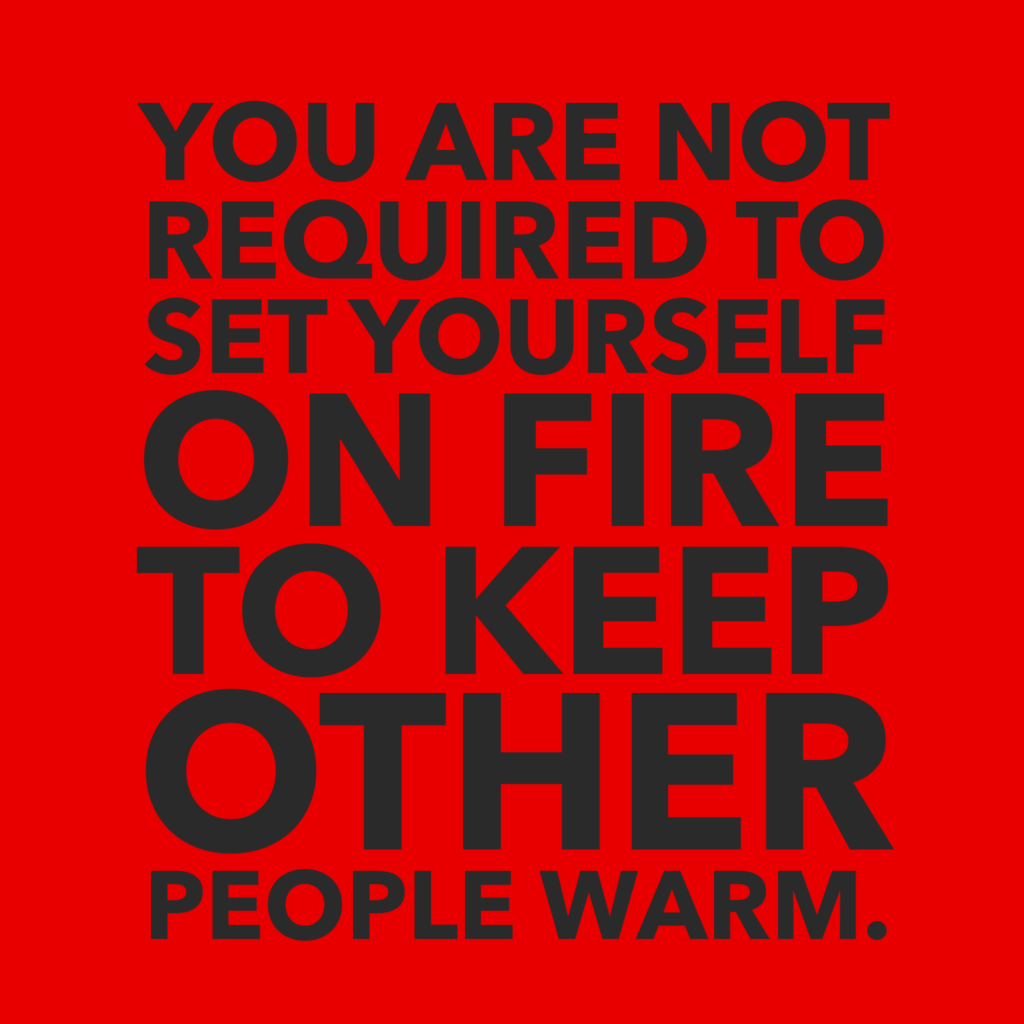 “Caring supremely or unduly for one’s self; regarding one’s own comfort, advantage, in disregard, or at the expense, of those of others.”
“Caring supremely or unduly for one’s self; regarding one’s own comfort, advantage, in disregard, or at the expense, of those of others.”
That’s the dictionary definition of selfishness. No wonder we don’t want to be considered selfish.
And yet I have clients who make the question, “Am I being selfish?” the key factor in making important life decisions.
When they think the answer is “yes,” they do things like:
- Stay in a job that’s stable and boring instead of pursuing a more stimulating role.
- Stay in an unhappy marriage because they don’t want to hurt their spouse.
- Go to medical school to please their parents when they’d rather study graphic design.
- Don’t take time to exercise or meditate or pursue a hobby.
They sacrifice what they really want to accommodate the needs of others.
And usually, it’s not coming from a place of joyful commitment, but as a response to societal conditioning that we need to please others first. (That’s why telling people “You’re being selfish” works so well as a shaming tactic.)
Just to be clear, I’m not saying we should be inconsiderate — grab the last piece of pizza! That we shouldn’t be responsible or follow through on our commitments.
But when do you treat people better — when you feel alive and free, or trapped and miserable?
So what I am saying is, “Am I being selfish?” may not be the relevant question for making decisions. Because really, who’s going to feel good about answering, “Yeah, it’s selfish, but who cares?!”
What if, instead, we asked ourselves: what would make me feel the most alive?